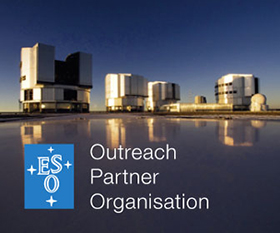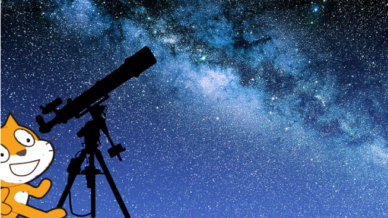
Creating with Scratch about Astronomy and Technology
For the fourth consecutive year, the Instituto de Astrofísica e Ciências do Espaço (IA) supports the national programming competition “A Criar com Scratch!” (Creating with Scratch!) setting as a theme for the 2021 edition “Astronomy and Technology”.
Read more
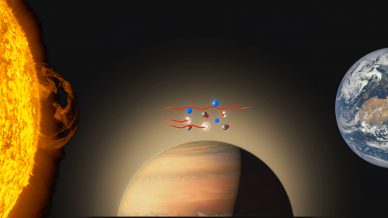
ESPRESSO spectrograph studies exoplanetary atmospheres
The results, which will soon be published in three papers with the participation of several Instituto de Astrofísica e Ciências do Espaço (IA)
Read more
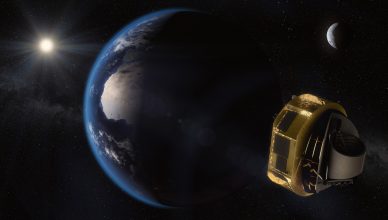
Ariel mission formally adopted by the European Space Agency
This ESA mission, the first dedicated to study the nature, formation and evolution of exoplanets, has a strong participation of several researchers from Instituto
Read more
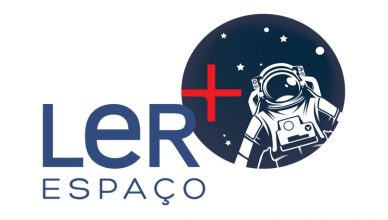
Third school year travelling in Space on a ride with books
Motivating children and young people to Astronomy and Space Sciences through inspiring readings is the goal of Ler+ Espaço (‘Read more Space’), a national project on its third round, in partnership with Instituto de Astrofísica e Ciências do Espaço (IA).
Read more
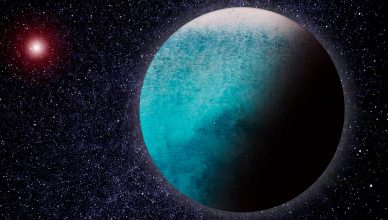
A water world in another planetary system
An international team, including several researchers from Instituto de Astrofísica e Ciências do Espaço (IA), studied in detail the LHS 1140 system and
Read more
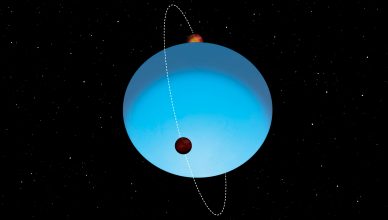
First results from CHEOPS reveal peculiar star and extreme exoplanet
The exoplanet WASP-189 b, detected by a team including several Instituto de Astrofísica e Ciências do Espaço (IA) researchers, has a temperature of
Read more
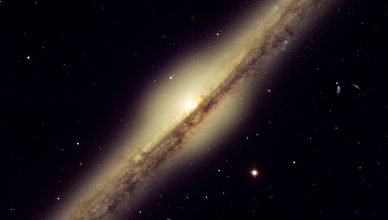
New study questions decades of research on the evolution of spiral galaxies
Previous studies on the formation and evolution of spiral galaxies might have been based on a wrong assumption, suggests a team of researchers of Instituto de Astrofísica e Ciências do Espaço (IA).
Read more
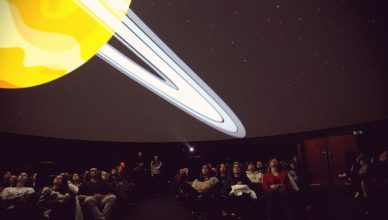
Elementary school teachers participated in an astronomy research and outreach project
The results of the citizen science project CoAstro, a partnership between the Instituto de Astrofísica e Ciências do Espaço (IA), the Science Faculty of the University of Porto and the Porto Planetarium – Ciência Viva Center, were recentely presented.
Read more

